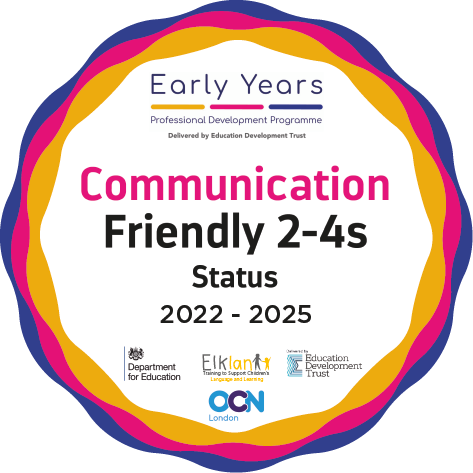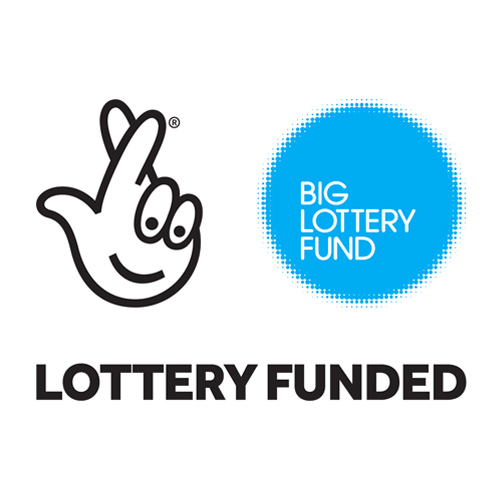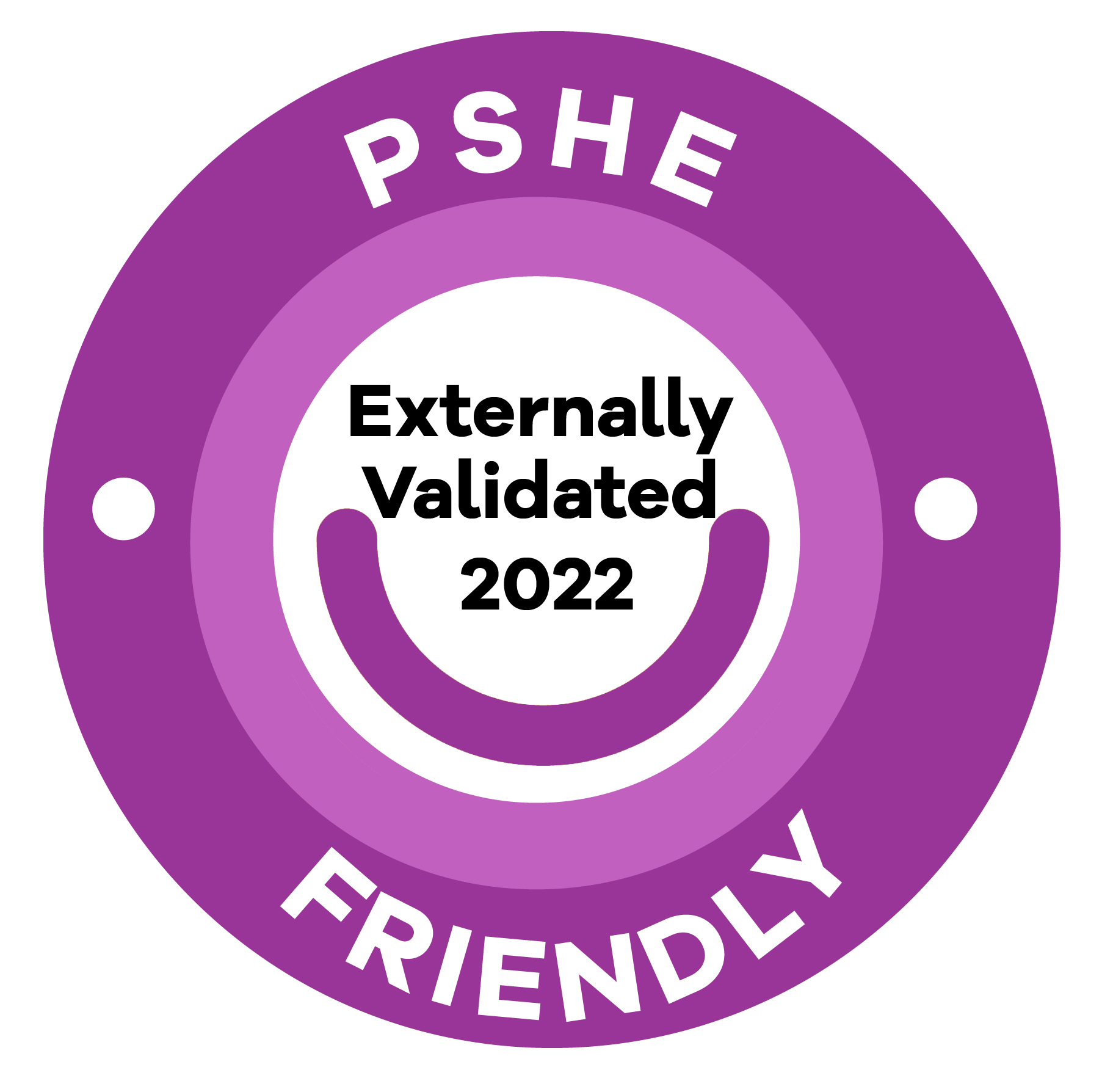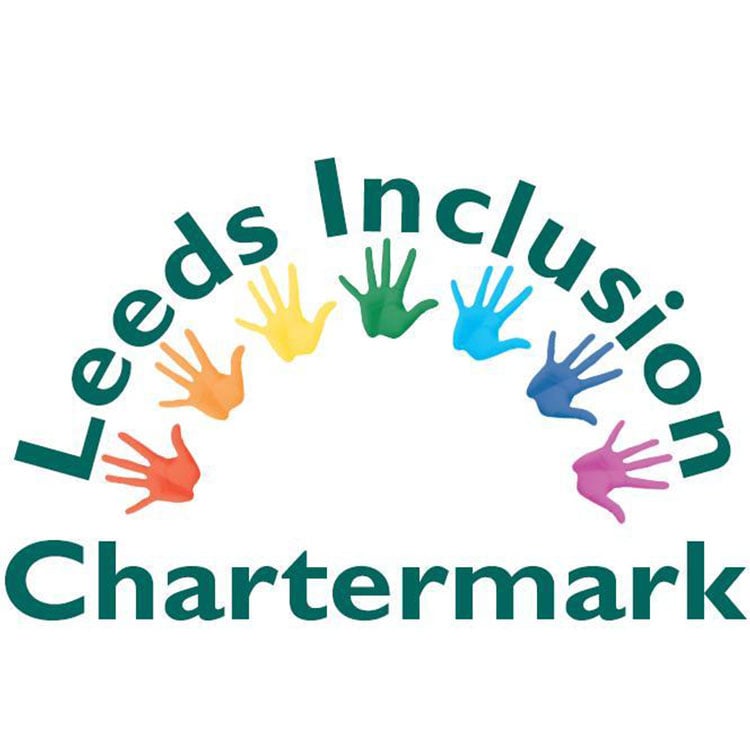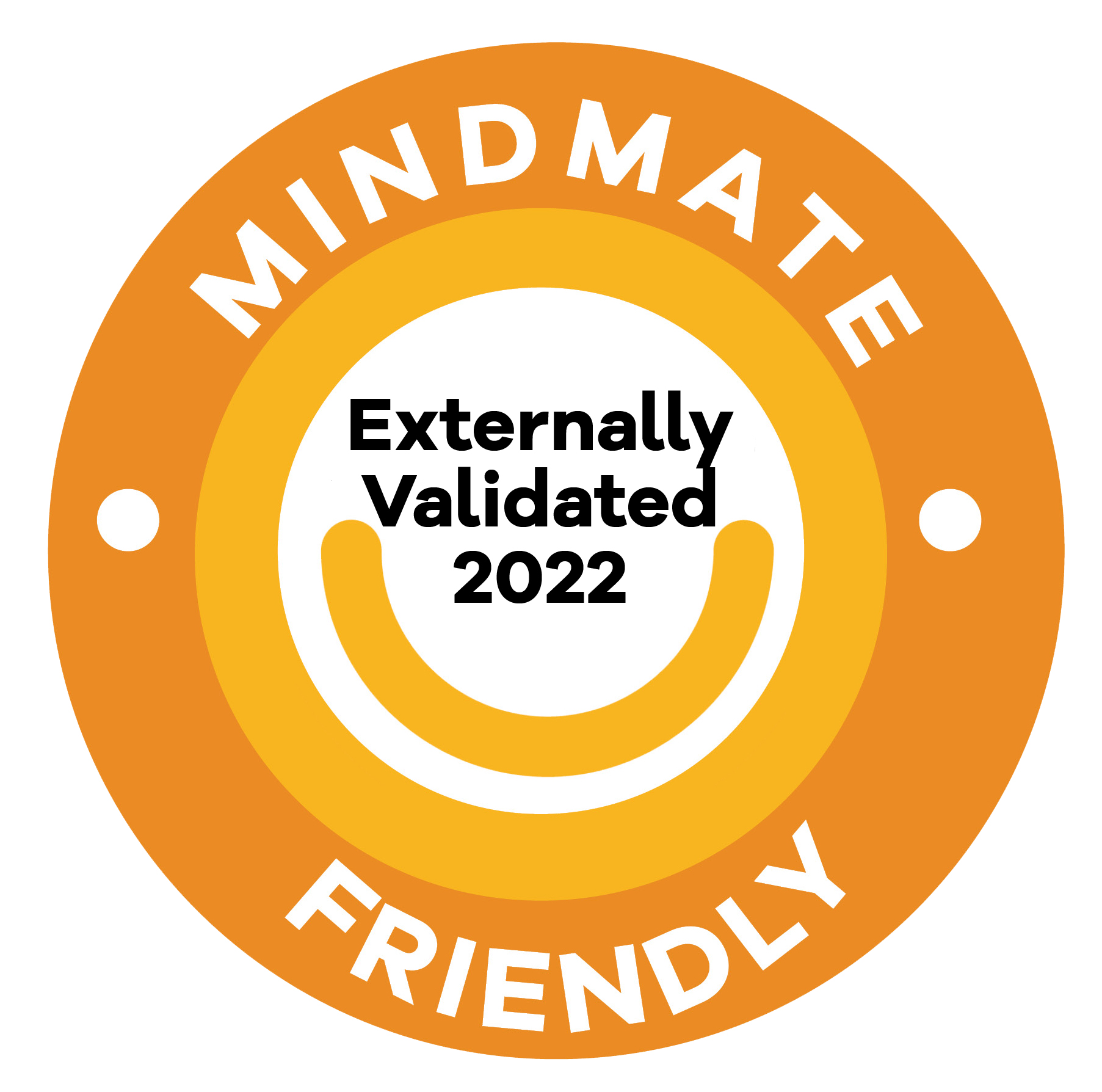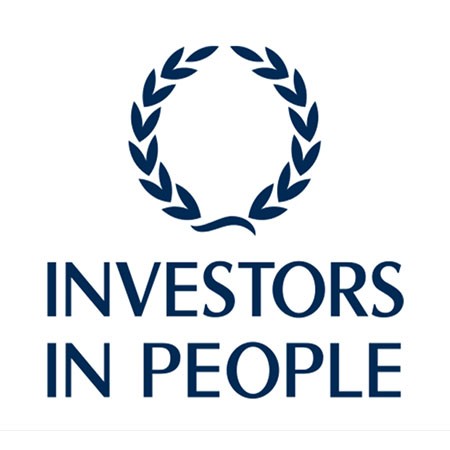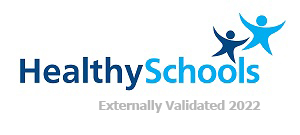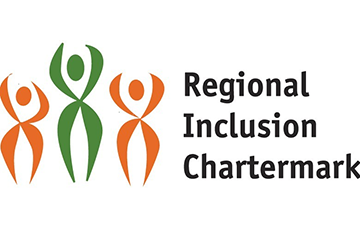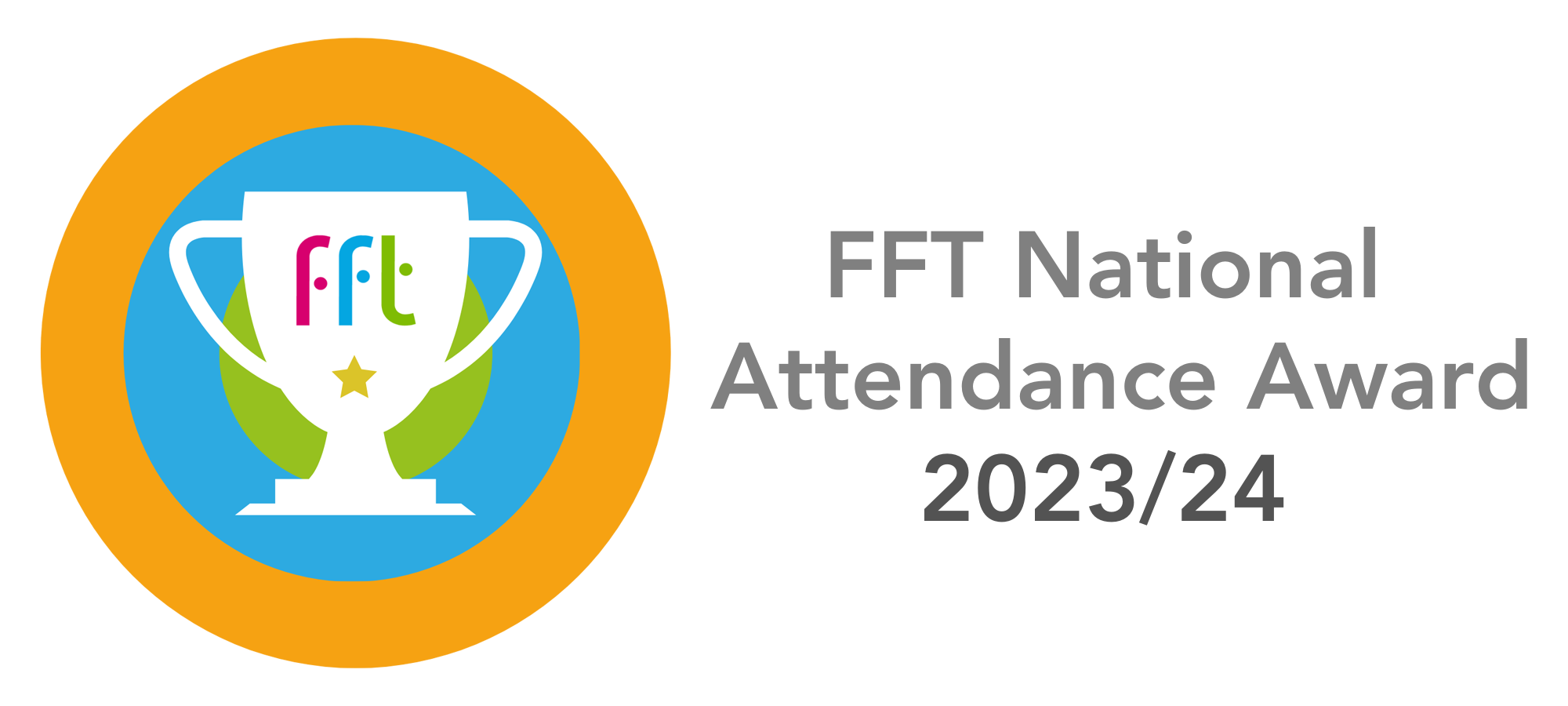
Shakespeare Safe
Keeping children safe both in and out of school is the number one priority for all our staff team. Shakespeare Safe is an overview of all that we do to achieve this and how we communicate this with our children and wider school community.
Personal Development
Our Personal Development Curriculum is central to all we do and includes; personal, social, health and economic education (PSHE), the statutory relationships curriculum and teaching about mental health through the Mind Mate programme of learning. Safety is threaded throughout the Personal Development curriculum and examples of specific themes include ‘drugs, tobacco and alcohol’, ‘keeping safe and managing risk’ and ‘life changes’. Children are encouraged to explore and discuss these issues and are encouraged to record their thoughts in a class-shared reflection book. Alongside this curriculum, class teachers have the flexibility to discuss any current relevant events in a similar manner, amassing a collection of authentic and considerate conversations they are able to refer back to as the year goes on. Our Personal Development curriculum involves visits from charities, such as NSPCC, and partnerships with local organisations such as CATCH, BARCA and DSIDE. These learning experiences and activities help to embed children's understanding of relevant topics.
Golden Themes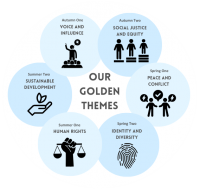
At Shakespeare, we recognise that navigating risky situations is an inevitable part of life. Our Golden themes are central to our curriculum and aim to equip children with the skills they need to do so safely and successfully. Each half term is dedicated to a different theme. Across the year, children will gain an age appropriate understanding of aspects such as resolving conflict, using their voice to bring about change, and challenging stereotypes, prejudice or discrimination. These Golden Themes are the foundation for many assemblies, facilitating further conversation in the classroom.
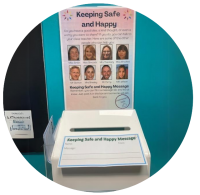 School Safety
School Safety
Our curriculum is designed so that safety issues within subjects are discussed and safe practices explicitly taught. We teach children how to use equipment properly in subjects such as science, PE and design and technology. Where necessary, risk assessments are in place. In Upper Key Stage Two, work is also done around safe transition to secondary school. Throughout school, ‘Keeping Safe and Keeping Happy’ posters and boxes can be found. This is a place in which children can fill in a slip with any concerns they may have, and guides them key adults they can turn to.
E-Safety
We particularly focus on e-safety within our Computing Curriculum. Each half term, computing lessons begin with an e-safety session where we recap what children have already been taught and build upon it. It is also a continuous thread throughout our teaching, educating children to make safe choices online both in and out of school. Examples of themes taught include safe use of passwords, cyber bulling and risky adults. In Key Stage Two we also work with outside agencies such as The Child Exploitation and Online Protection (CEOP) Centre to emphasise the significance of online safety.
Off Site Visits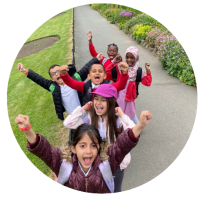
Educational visits are a great highlight of children’s time at Shakespeare. We pride ourselves in making sure our school trips offer is broad and brilliant! First and foremost, we make sure they are safe. We work closely with the local authority to ensure visits are planned and risk assessed.
Prior to each visits, a clear information letter is given to parents and children detailing the trips purpose, what everyone will do, times and places where everyone should meet and from where they should be collected afterwards, the people supervising the visit and any other details we think families might need such as appropriate clothing, footwear and plans for eating.
On the day, each class has a discussion about safety and expectations before leaving site. This includes agreeing a code of conduct with reference to our golden rules and what they will look like being put into action during the day ahead. Children are also made aware of what they should do if they were to become separated from the group, see something that worries them or are approached by a member of the public. A more in depth look at our planning and risk assessments for educational visits can be found here.
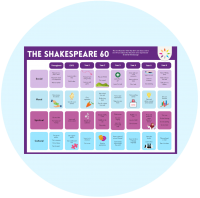 First Aid
First Aid
When accidents happen, our children know how to access help quickly. Although all staff can attend to low-level injuries, we have specially trained First Aid staff in every key phase. Posters showing who these people are can be seen around school. When outside, these staff are easily identified with their green high visibility vest. Children are aware that first aid kits are on every corridor, playground and school trip. We have multiple visits from medical staff to educate children and, as part of our Shakespeare 60, we teach first aid in Year Three.
Peer to Peer Safety
In addition to keeping themselves safe, children are encouraged to have an awareness of how their own actions impact those around them, and are challenged to always stay ‘Shakespeare Safe’. This is promoted in various ways, from consistent individual reminders of our golden rules to whole school assemblies. On occasions when children have not met our high expectations in this area, a restorative conversation will take place between the children involved, guided by a member of staff. This includes identifying the unsafe or unhelpful behaviour, and what can be done differently next time. This is then recorded and monitored to ensure it has been resolved.
Community Safety
At Shakespeare we passionately believe that our role in keeping 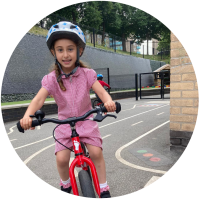 children safe stretches far beyond the school grounds. At various stages, many aspects of safety in the community are covered, including; road and rail safety, fire awareness, poolside and water safety through swimming lessons and current community safety awareness workshops. All of these elements involve visits from outside agencies such as Leeds City Council Road Safety Team, the local fire service and community police officers. We offer a wide range of free holiday activities to parents and children through partnership with the Healthy Holidays programme and local organisations. All children also take part in cycling training and have opportunity to borrow a bike with their friends and family from our onsite bike library.
children safe stretches far beyond the school grounds. At various stages, many aspects of safety in the community are covered, including; road and rail safety, fire awareness, poolside and water safety through swimming lessons and current community safety awareness workshops. All of these elements involve visits from outside agencies such as Leeds City Council Road Safety Team, the local fire service and community police officers. We offer a wide range of free holiday activities to parents and children through partnership with the Healthy Holidays programme and local organisations. All children also take part in cycling training and have opportunity to borrow a bike with their friends and family from our onsite bike library.

